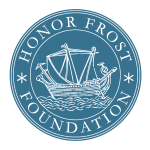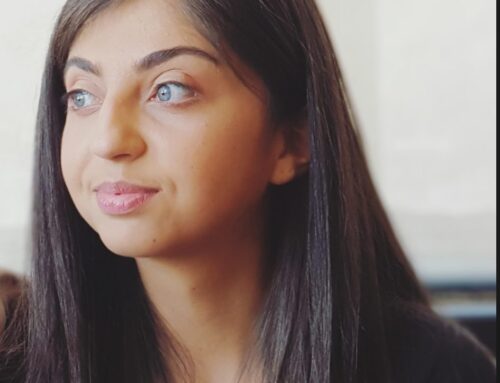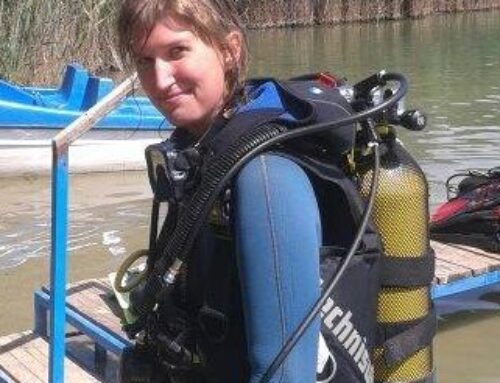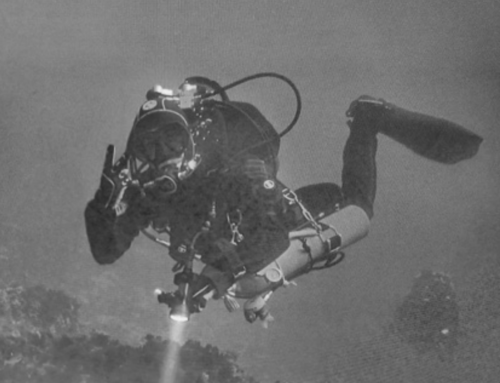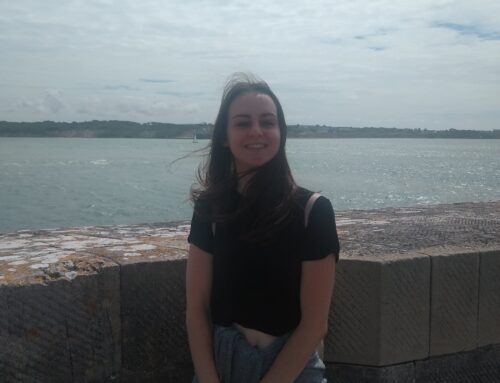Cameron Such – Placement Student 2022

Between the 1950s and 1980s especially, rapid transformations occurred within maritime archaeology which have largely remained undocumented. Many of these developments can be attributed to Honor Frost and her work as a pioneer of the discipline in the Mediterranean. Due to the recency of this discipline’s emergence, we have an rare opportunity to seek and record the oral histories of those like Honor Frost, who worked in the field and helped shape maritime archaeology into what it is today. Much of their own personal experiences exist in their memories, which led the HFF to seek interviews with many of these key individuals and record these invaluable memories.
The first step in conducting interviews is to identify such key individuals. It is important to ensure that the interview questions can be as personalised as possible to each person, to allow for a guided, detailed interview experience. This was my role: I was given a long list of potential interviewees which grew as the project went on, and I compiled biographies for each individual, including details on their educational background, what projects they were involved in and what this meant for the development of maritime archaeology, along with any organisations they were affiliated with. This research was done through internet searches and reading through their academic publications. I also read through transcripts of those who were interviewed in the Soundings project, to identify whether a second interview would be beneficial.
I have faced some difficulties in conducting this research. There was an imbalance in the amount of information available for each individual: whilst I was able to make some biographies incredibly detailed with all of their achievements listed and described, some remained sparse. In the case of the latter, I made a note of this to ensure that the person writing the questions and interviewer were aware of this, to allow for questions to be devised which allow the key individual to build on existing information. These issues were only minor, as the aim of the project was to hear the sides of stories and the details which have remained undocumented, for us to record firsthand knowledge of events which led to how maritime archaeology is today.
Overall, this placement experience has been incredibly eye-opening in my appreciation of those who helped shape this discipline, and allowed me to truly understand just how far it has come. I have learned a lot of the value of archives and oral histories in this growing digital world. Those who work in the field today have an amazing opportunity to develop this even further, which has inspired me to fully engage with my studies and continue my involvement in this field and contribute to its future.
